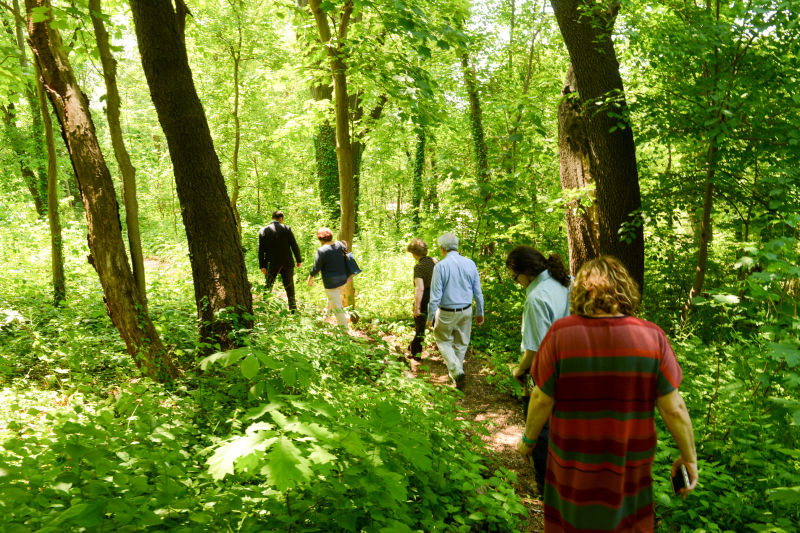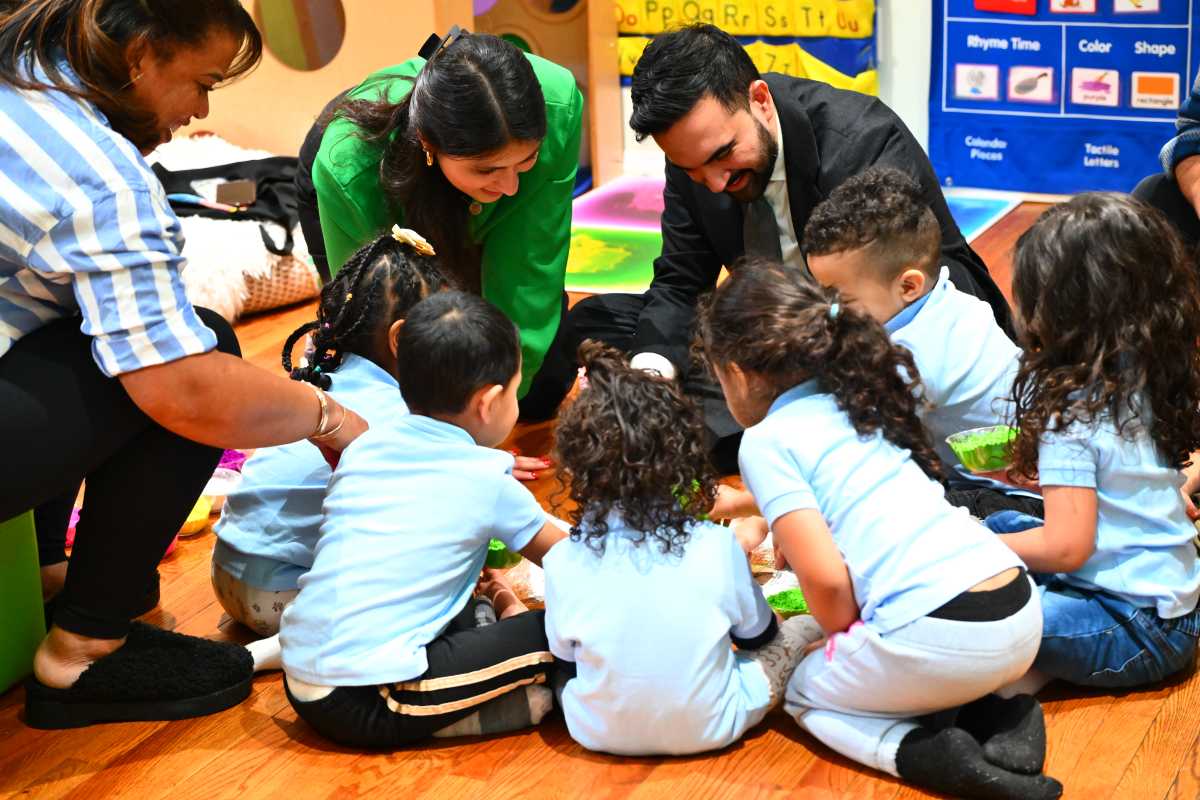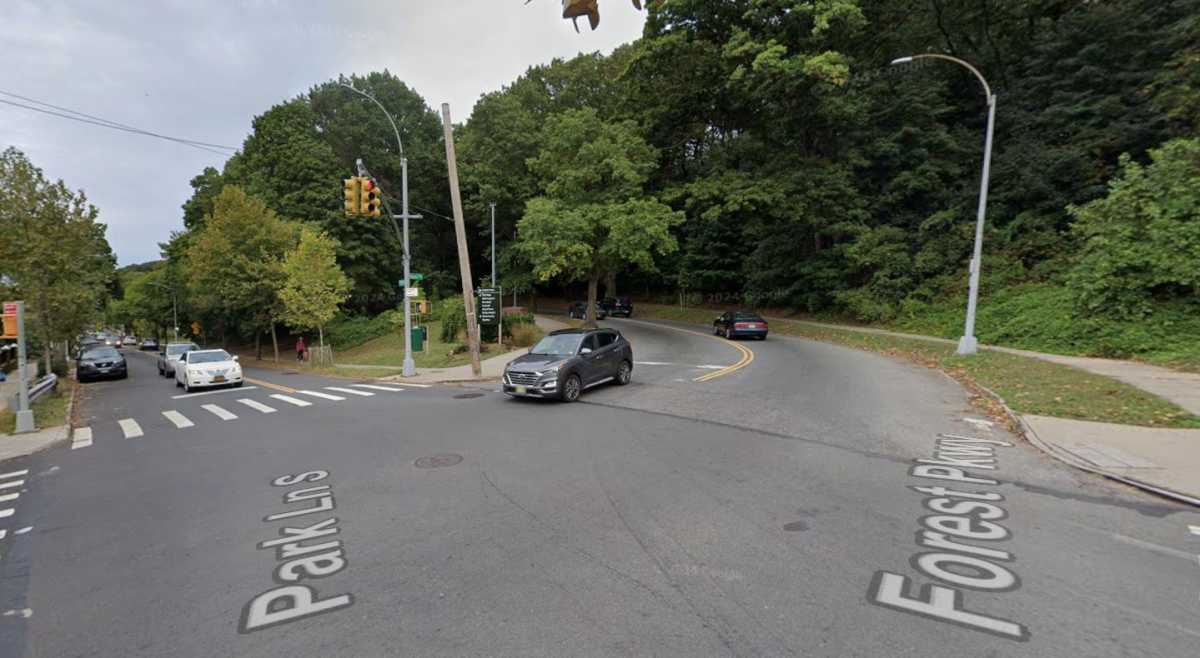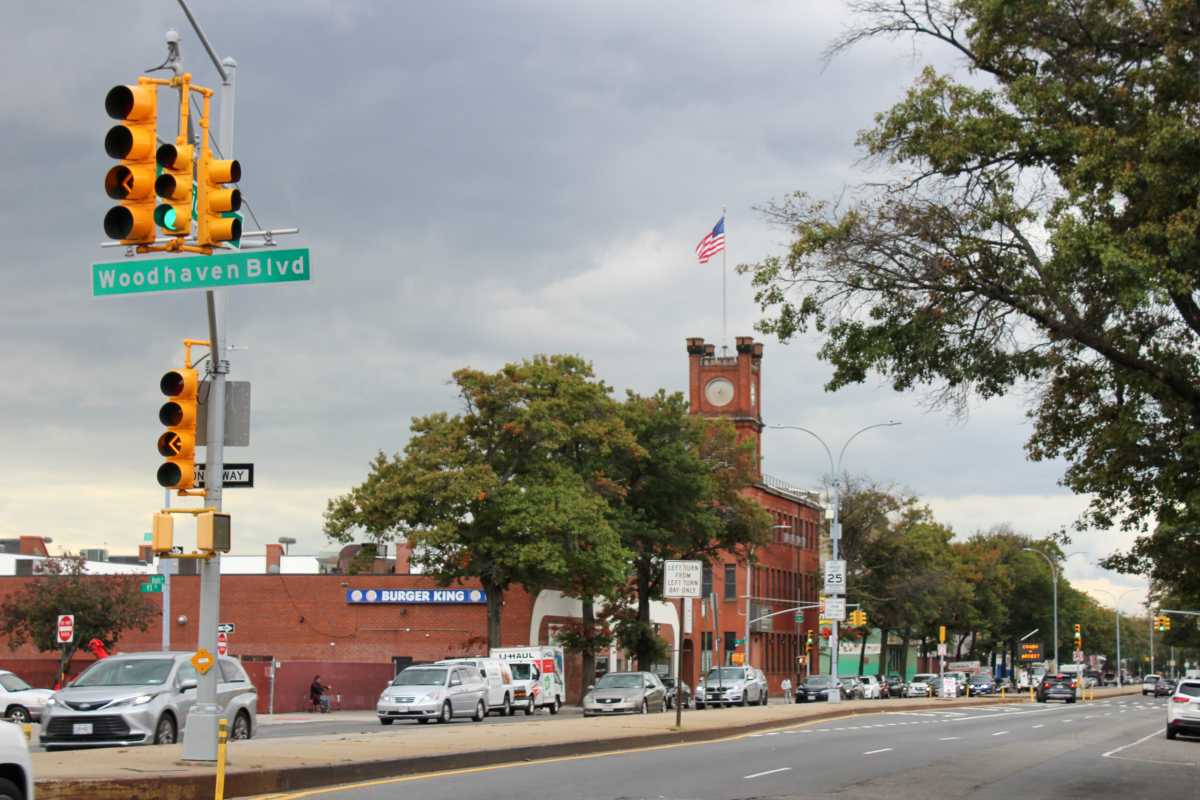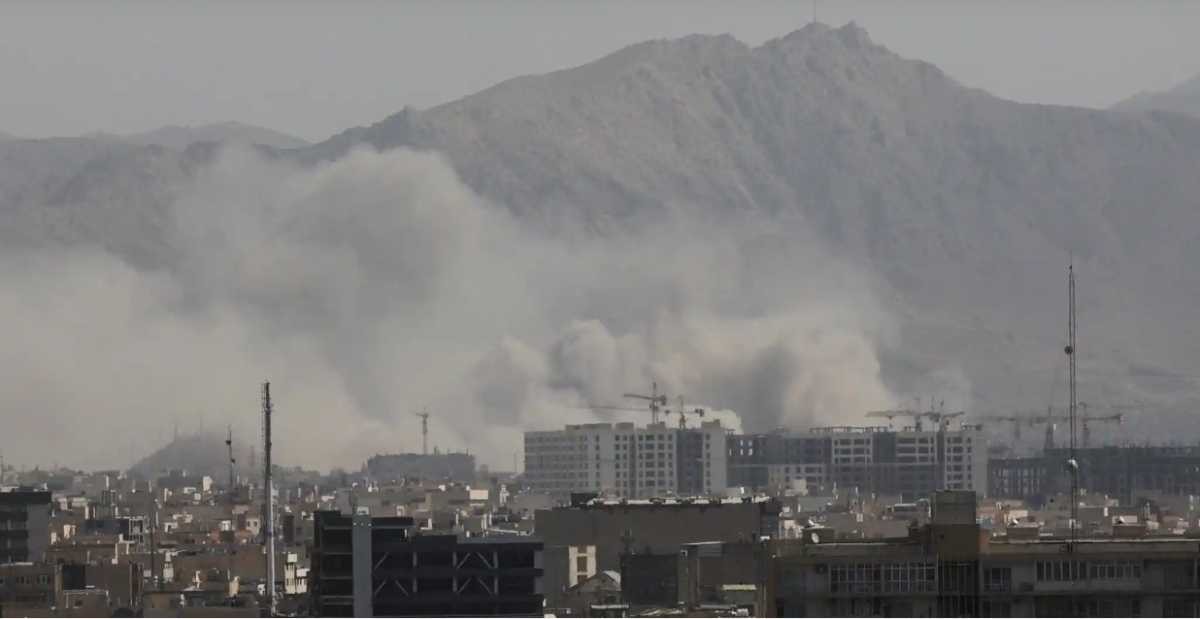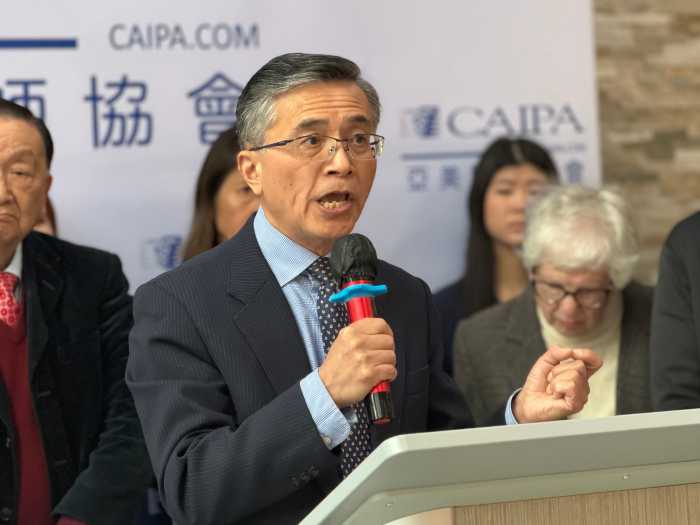Queens’ spectacular parks and green spaces have taken care of us like never before during the pandemic. We are blessed to have open spaces where we can walk, exercise and breathe deeply, and where we can see other people, yet still remain safely distant. Now it’s time for all of us to return the favor, and make sure we take care of our natural environment.
As a high school activist with Sunrise Movement NYC and as a candidate for City Council in District 23, we’ve come together around our shared love for our borough’s public spaces. Whether it was school trips to the Queens County Farm Museum or summer afternoons playing in Alley Pond and Cunningham Parks, our lives have been shaped by Queens’ public spaces, and we believe the key to a vibrant, healthy future is enhancing them, and remaking our streets and neighborhoods in their spirit.
The alternative—dangerous streets and poor health-—is unacceptable. East Queens’ notorious lack of public transit options forces many residents to rely on driving. This is a costly habit, not just financially for drivers, but medically and environmentally for pedestrians and community members.
It doesn’t have to be this way. We can guarantee neighborhoods designed for the benefit of the people who live here, and there are a host of simple and viable solutions.
We can create more bus lanes—along the Q46 bus line, for example—providing a faster connection to the subway at Kew Gardens. We can create more Select Bus Service lines. We can install “smart” traffic signals that help to space buses out and maximize consistent service. We can implement the Freedom Ticket, an unlimited monthly card usable for the Long Island Rail Road and New York City Transit, and ensure fare parity across the MTA system so Queens riders aren’t priced out.
We can also make our neighborhoods more hospitable to cycling, which has soared in popularity during the pandemic: biking trips are up 26% on weekdays and 57% on weekends. Even after we finally overcome COVID-19, we should keep and even expand cyclist-friendly policies like Open Streets. Protected bike lanes would greatly increase cyclist safety in District 23.
There are also easy ways to make sure parks are welcoming places for Queens residents. We can equip our parks with high-speed broadband and remove fences to ease access. Many of our parks could use a significant infusion of capital dollars to spruce them up. And we should increase environmental education programs to ensure the next generation appreciates and takes care of these valuable assets.
These are the easy fixes, but we should not stop there. Now is the time to think big, to reimagine our parks and streets, and realize their capacity to help us address problems in our communities. The city can design streets for pedestrians and cyclists and work with schools and youth organizations to offer bike lessons. And, once and for all, we should expand the subway system—specifically, the F, R, M, and 7 lines—into East Queens.
It is hard to overstate the benefits of the changes we are proposing.
Transitioning away from car-based neighborhoods is essential for our health. Air pollution is responsible for nine million premature deaths every year worldwide and 16% of all premature deaths. Transportation creates 28% of greenhouse-gas emissions in the US, the largest of any sector.
All of this environmental change will provide real economic benefits to our local small businesses. After all, cars don’t buy things; people do. Deploying Citi Bikes, for example, has been correlated with increased restaurant sales, and bike lanes increase retail sales up to 49%, according to a NYC Department of Transportation study.
As a district and as a city, we must decide: should our public spaces serve machines and the corporations who profit from them, or should they serve people? Should we leave East Queens as a sweltering transit desert, or transform it into the oasis of mobility and nature that we want it to be?
These types of investments can be technically and politically difficult, but we would benefit enormously for many years to come.
Anil Singh is an environmental activist with Sunrise Movement NYC and high school student at Townsend Harris High School. Jaslin Kaur is a candidate for New York City Council in District 23.
Editor’s Note: It is the policy of PoliticsNY to post all op-eds it receives with the exception of blatantly hateful and derogatory op-eds along with some exceptions during election times. In this case, we will take up to two op-eds per candidate until May 10. We will not post op-eds from supporters of candidates. The op-eds do not reflect the views of PoliticsNY.


